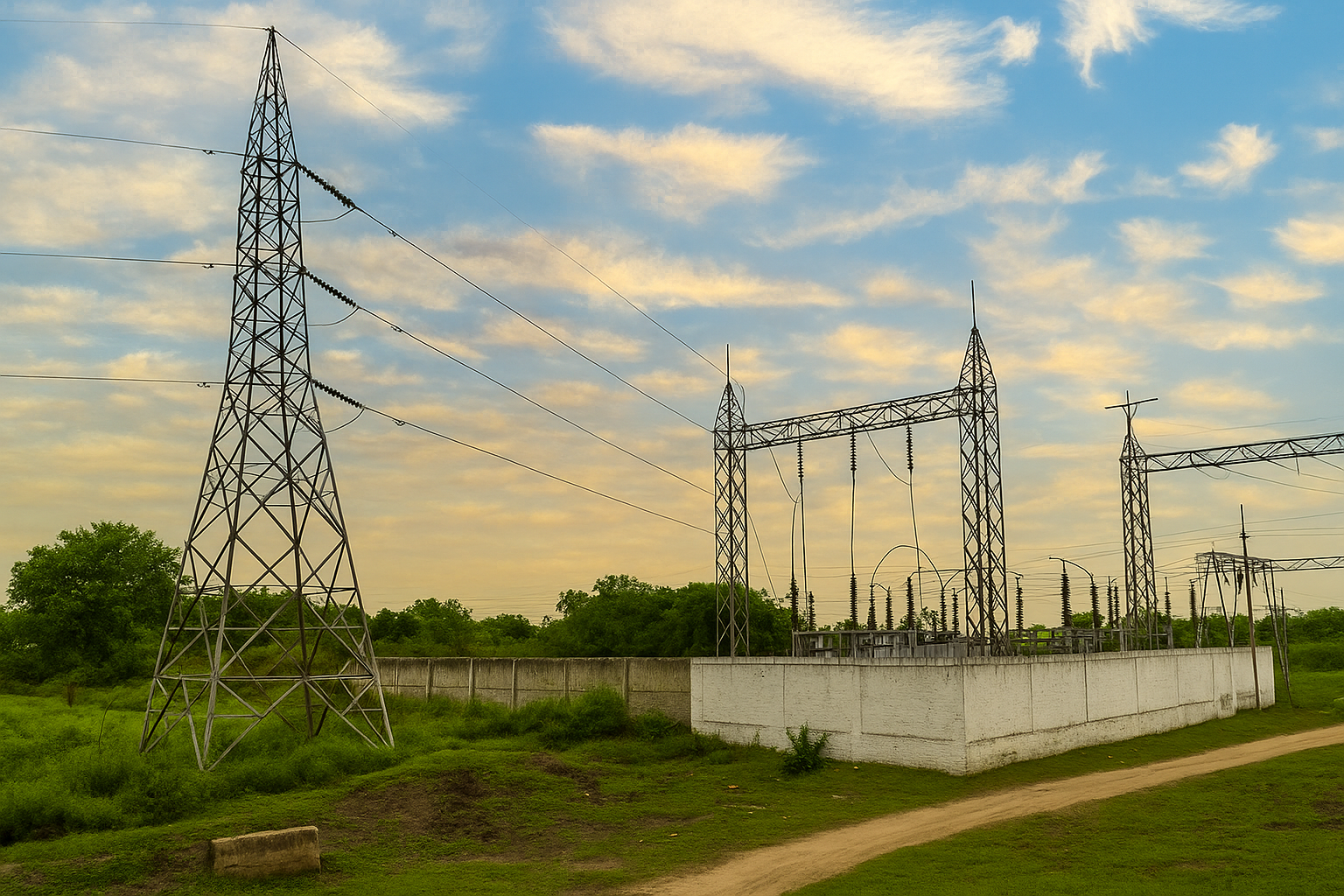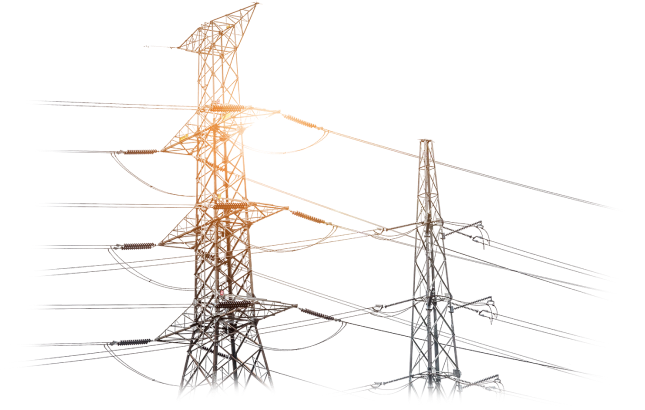Greening The Grid
Our co-generation power plants paving the path to clean energy
Discover the transformative power of renewable energy with us, where sustainability meets innovation in every watt generated. We generate power through an environmentally friendly process, utilizing in-house generated bagasse.
Our three power plants in Bihar collectively can generate 38 MW of power. Additionally, we have established a power purchase agreement with the Bihar State Electricity Grid.




Transforming Sugarcane Waste Into A Green Energy
Bagasse, the fibrous residue left after crushing sugarcane or sorghum stalks for juice extraction, is a valuable by-product in the sugar manufacturing process. This fibrous matter can be either sold or internally consumed for steam generation. Currently utilized as a biofuel, bagasse plays a role in the production of pulp and paper goods and building materials.
In sugar factories, the bagasse produced is primarily used for steam generation, serving as a fuel source. Surplus steam generation is exported to the power grids of state governments. For every 10 tonnes of sugarcane crushed, a sugar factory yields nearly 3 tonnes of wet bagasse. The production quantity aligns with the quantity of sugarcane harvested, given bagasse’s status as a byproduct of the cane sugar industry.
When burned in substantial quantities, bagasse produces ample heat energy to fulfill the requirements of a typical sugar mill, with excess energy available. This surplus is efficiently utilized through cogeneration, a process that simultaneously provides heat energy for the mill and electricity for consumers via power grids.
Cogeneration not only replaces conventional thermal alternatives but also contributes to the reduction of greenhouse gas emissions. In India, the interest in high-efficiency bagasse-based cogeneration gained momentum in the 1980s due to electricity supply shortages. This technology was perceived as an attractive solution, offering carbon-neutral electricity production and economic benefits to the sugar sector. Amidst rising fossil fuel prices, coal shortages, and increased environmental awareness, cogeneration stands out as a promising development. The emphasis on distributed generation and the imperative to reduce greenhouse gas emissions further underscores the importance of cogeneration, playing a pivotal role in both energy sustainability and pollution control.

.png)


